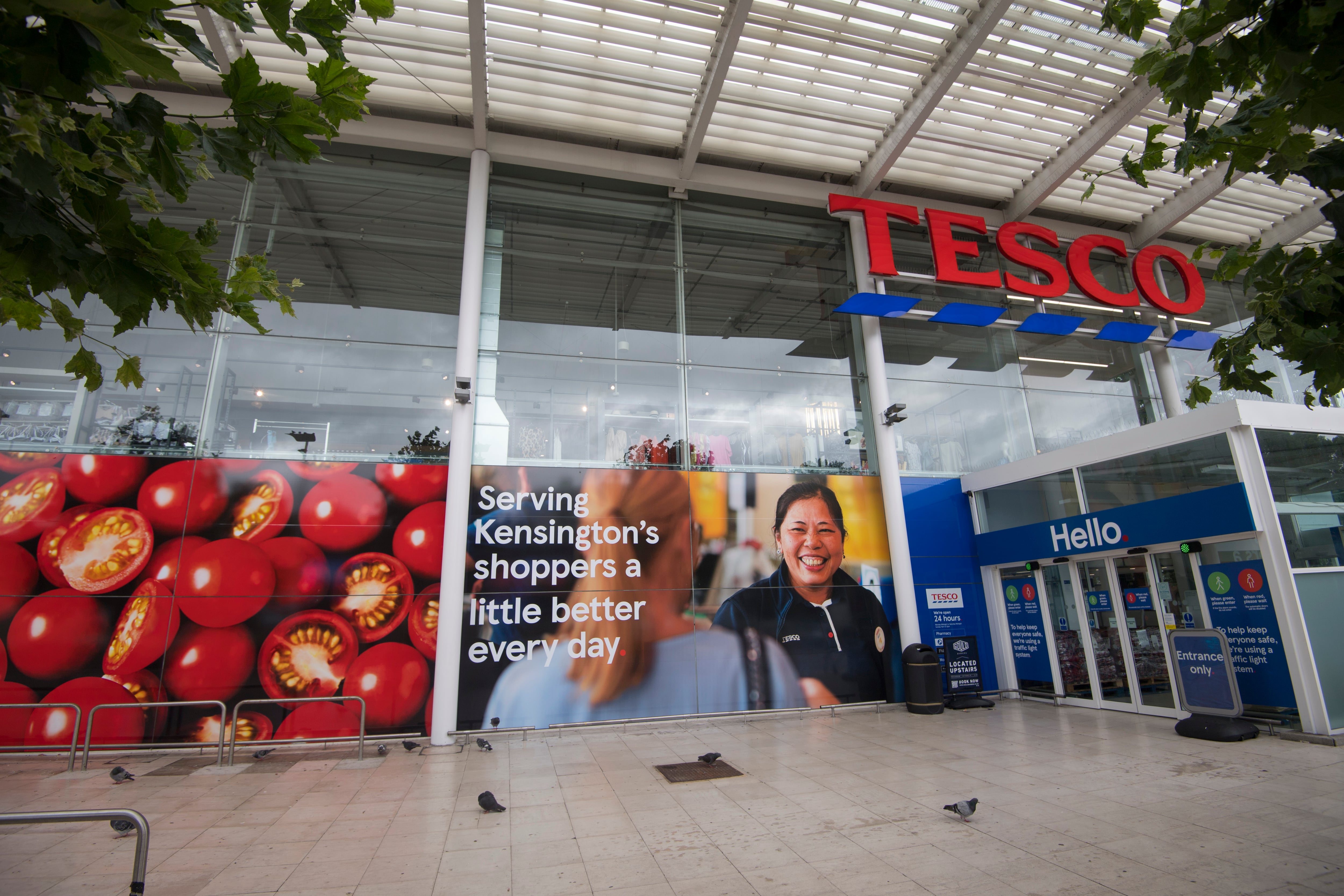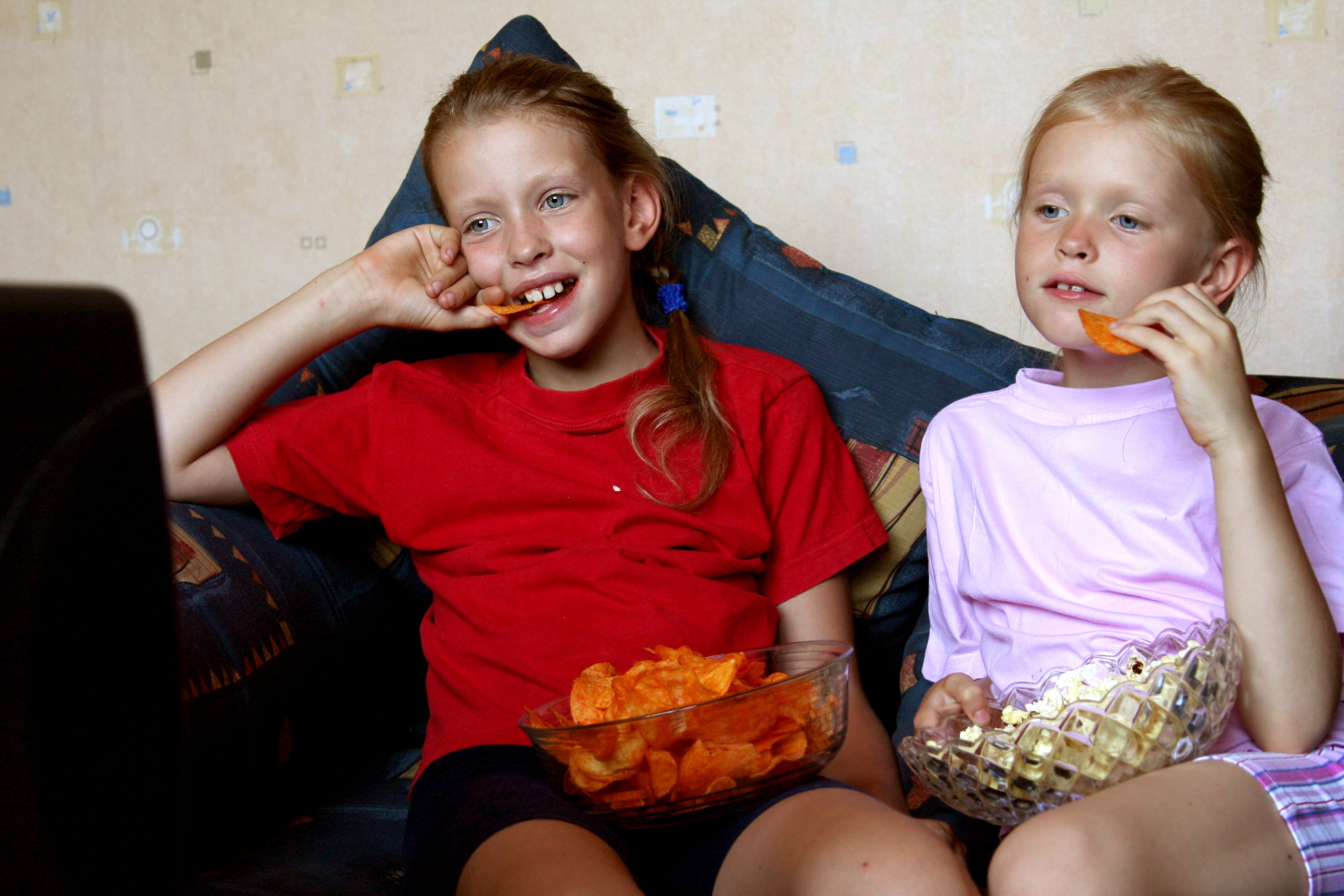The Labour government has said it intends to cancel upcoming junk food rules which would see multibuy deals on HFSS (high in fat, salt and sugar) food and drinks banned.
The shift in direction is outlined in the new NHS 10-year plan – a strategy published last week which lays out how Labour will “get the NHS back on its feet and fit for the future”.
The buy-one-get-one-free (BOGOF) ban, which was introduced under the 2022-2024 Sunak Conversative Government, has been subject to several delays. It was first earmarked for October 2022 but was postponed following lobbying from industry. Concerns related to the scale of change needed to redesign store layouts as well as high inflation.
Out with BOGOF, in with ‘smarter regulation’
The HFSS multibuy regulations are set to come into force on 1 October 2025. However, the Labour Government has now signalled its intention to repeal this legislation in favour of a strategy it’s calling “smarter regulation”.
“The previous government legislated to introduce restrictions on the volume price promotions retailers can offer, including a ban on buy-one-get-one-free deals on unhealthy food. These measures will come into force on 1 October 2025. By introducing smarter regulation, focused on outcomes, we expect to be able to repeal legislation restricting volume price promotions and aisle placement,” the ‘Fit for the Future’ strategy document reads.
Mandatory healthy food sales reporting
This suggests a U-turn is likely, although it is reframed as part of a new broader strategy to tackle obesity which includes mandatory healthy food sales reporting. This has been promised to be introduced “in a world-first” move by the end of Parliament for all large food companies.
Using that reporting, Labour has said it will set new targets to increase the healthiness of sales in all communities and work with the Food Strategy Advisory Board on how to sequence the introduction of this policy.
“Targets will be mandatory but companies will have the freedom to work out how to achieve the target, whether through reformulation, by changing their layout, introducing new healthy products or through changes to customer incentive and loyalty schemes,” the strategy outlines.
Nutrient profile modelling to be updated
The plan also includes an update to how foods are measured and identified as healthy, with Labour describing the 2004 NPM as dated.
“Current food and advertising and promotion restrictions use the 2004 nutrient profile model to categorise which foods are more or less healthy. This is plainly out of date, and we will update these standards. We estimate this simple modernisation of existing regulation could reduce adult obesity cases by nearly 170,000,” the plan reads.
Tackling childhood obesity
Whilst a U-turn on BOGOF is probable, Labour has said it will fulfil its manifesto commitments to restrict junk food advertising targeted at children, ban the sale of high-caffeine energy drinks to under-16-year-olds, and use its revised National Planning Policy Framework to give local councils stronger powers to block new fast-food outlets near schools.
The report estimates that the energy drink ban alone could reduce childhood obesity rates by 0.4 percentage points, with health benefits worth £7.7 billion.
Moreover, alongside the Department for Education, Labour has said it plans to update school food standards legislation to ensure all schools provide healthy, nutritious food – which it estimates could see childhood obesity fall by up to 1.8 percentage points.
Weight loss drugs
The Labour Government has also said it is establishing relationships with industry to test new models of delivering weight loss services and treatments to patients.
This is to ensure wider accessibility, following on from the surge in demand for GLP-1 medications which it estimates around 1.5 million people are taking. It flags that the demand shows it has widespread appeal and the potential to be “transformative” in driving population health benefit, but that it may not be affordable for those who need it most.





